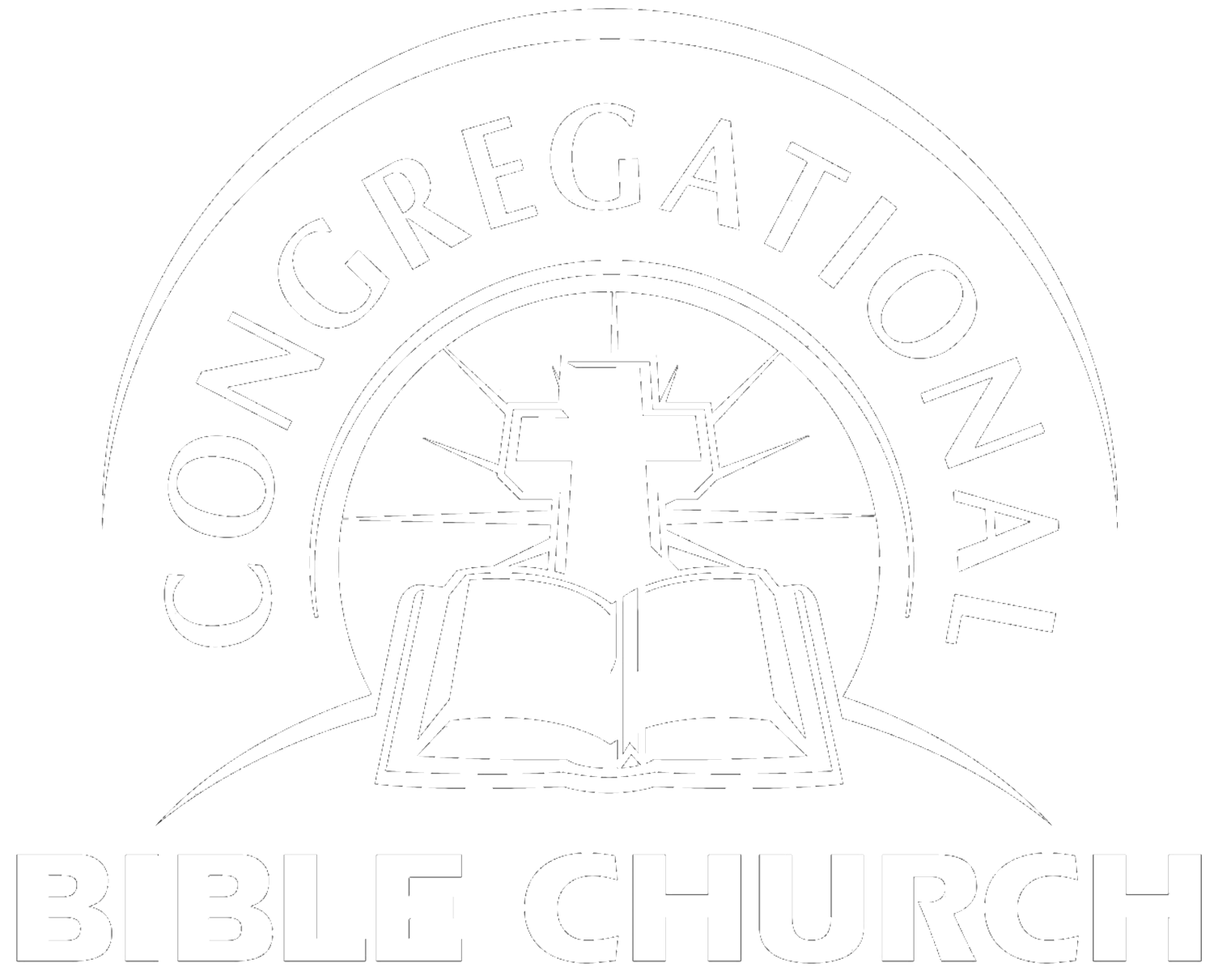At our recent annual meeting, I preached a sermon on Members and Membership giving the evidence of membership in the New Testament and the ways members can make the leader’s work a joy. But there was more I wanted to say in that sermon so I will use this article to cover that. Are there any practical benefits to becoming a member of a church? Besides being able to cast a vote on church decisions or to use the facility when you want, are there spiritual benefits to membership? I think there are, so let’s consider 5 of those benefits.
First, membership aids the work of the pastor and the leadership. Remember, the leadership’s job is to shepherd the flock and manage the church. But for them to do that, they have to know who the sheep are. When someone joins the church through membership they are formally announcing their intentions to be committed to this particular church and to submit to that group of elders. With formal membership, there is no question for the leadership about who they are to manage or shepherd. This aids their shepherding work, defining exactly who they are responsible for.
Second, membership focuses stewardship and resources. Instead of just trying to minister in a general way to everyone in town, or every Christian nearby, the church can pinpoint exactly who they are to help with the resources that the church has. Membership provides the guardrails and boundaries for how the church faithfully stewards their resources.
Third, membership provides the solution for dealing with problem people. What does a church, with no membership, do with a person who is causing division or creating problems through gossip and sinful behavior? Do they just ask him to leave, where he can go join the next church down the street and probably do the same thing? The Scripture gives a solution for dealing with problematic members and it is found in Matthew 18, the process of church discipline. In those verses, a 4 step procedure is given for the church to follow for dealing with sinning members. The last step is to put the person out of the church, concluding that the person is really an unbeliever who need to be called to repentance. Without membership, there is no process, no solution, and no final decision in how the church handles sinning people.
Fourth, membership facilitates accountability and growth. There are some people who just want to come to church, talk to no one, leave, and not be bothered anymore. But not all are like that. Some genuinely want to be held accountable by leaders, to check on them periodically about their spiritual progress, and to spur them on towards greater maturity in the faith. Those kinds of people become members. So, membership makes accountability and growth not only possible but actual as the leaders know these people have joined because they want to be challenged in their faith so they may be presented complete in Christ (Col 1:28).
Fifth, membership prevents favoritism. All the members should be loved and shepherded by the church leadership…ALL the members. With a formal membership roll, the leaders have no excuse for not doing that. Without a membership roll, the temptation is there for the pastor or leaders to devote more time to the generous givers or their close friends, leaving the other church people to fend for themselves. Membership binds the leaders to see all the members as precious sheep and no one is more important than others.
While I would contend that church membership is Biblical based on the evidence in the New Testament and the authority local church elders have to make such a process for their church, these benefits listed here simply add to the compelling evidence for people to become a formal member of the church they attend.
